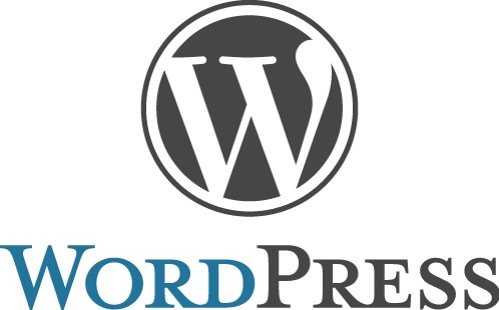
WordPress and it’s co-founder, Matt Mullenweg (@photomatt), are all about democratizing publishing.
So when it comes to those attempting to censor WordPress users and authors it’s only natural that WordPress would fight back.
This week, Automattic, owner of WordPress.com, brought suit against two parties attempting to chill free speech via improper DMCA notices.
Under the Digital Millennium Copyright Act (“DMCAâ€), website hosts, such as WordPress.com, cannot be liable for user created content so long as the host takes down materials when they receive a notice from a copyright holder that something on the host’s platform allegedly infringes their copyrights.
Though DMCA notices have generally worked well, they are subject to abuse. Paul Sieminski, General Counsel for Automattic, explains the dilemma facing authors in fighting back.
Our users have the right to challenge a DMCA complaint too, but doing so requires them to identify themselves and fill out a legally required form saying that they submit to being sued for copyright infringement in a place that may be far away. If they don’t, their content is taken down and could stay down forever. This tradeoff doesn’t work for the many anonymous bloggers that we host on WordPress.com, who speak out on sensitive issues like corporate or government corruption.
In the face of a growing number of abusive copyright claims, two recent DMCA notices inspired WordPress to take action. From Sieminski:
First: Ivan Oransky and Adam Marcus are experienced science journalists who operate Retraction Watch, a site that highlights and tracks situations where published scientific papers may not be everything they seem. One reader apparently disagreed with a critique published on Retraction Watch – so he copied portions of the Retraction Watch site, claimed the work as his own and issued a DMCA takedown notice against the original authors.
Second: Oliver Hotham is a student journalist living in the UK. Oliver publishes investigative articles on his WordPress.com blog. The subject of one of his articles apparently had second thoughts about a press statement he gave to Oliver – so he turned to copyright law to censor Oliver’s site.
There are no fines for abusive claims under the DMCA. Recourse is obtained by the web host or content producer bringing suit against the party who submitted a fraudulent DMCA notice. That’s exactly what WordPress did.
In addition to the courts, Sieminski says WordPress is trying to change the law in congress, “…[T]o make sure that everyone has the right to share their voice on the Internet without threat of censorship.â€
If there’s an 800 pound guerrilla to protect free speech, it’s WordPress. 20% of the net is running on WordPress software. As of last year, there were 56 million blogs hosted on the WordPress.com service. Automattic is a profitable company with over 200 employees.
I have aways viewed the net as the great equalizer for the American lawyer. No longer would large legal publishers and marketing services companies hold the keys to a lawyer’s establishing their reputation as a trusted authority on a broad scale through writing and other media.
Kudos to Mullenweg and WordPress for taking it to a whole new level. They’re democratizing published itself, and the impact of doing so is only going to grow.
WordPress’s action this week are further evidence of this.
Article source: http://kevin.lexblog.com/2013/11/23/wordpress-strikes-back-against-censorship/
